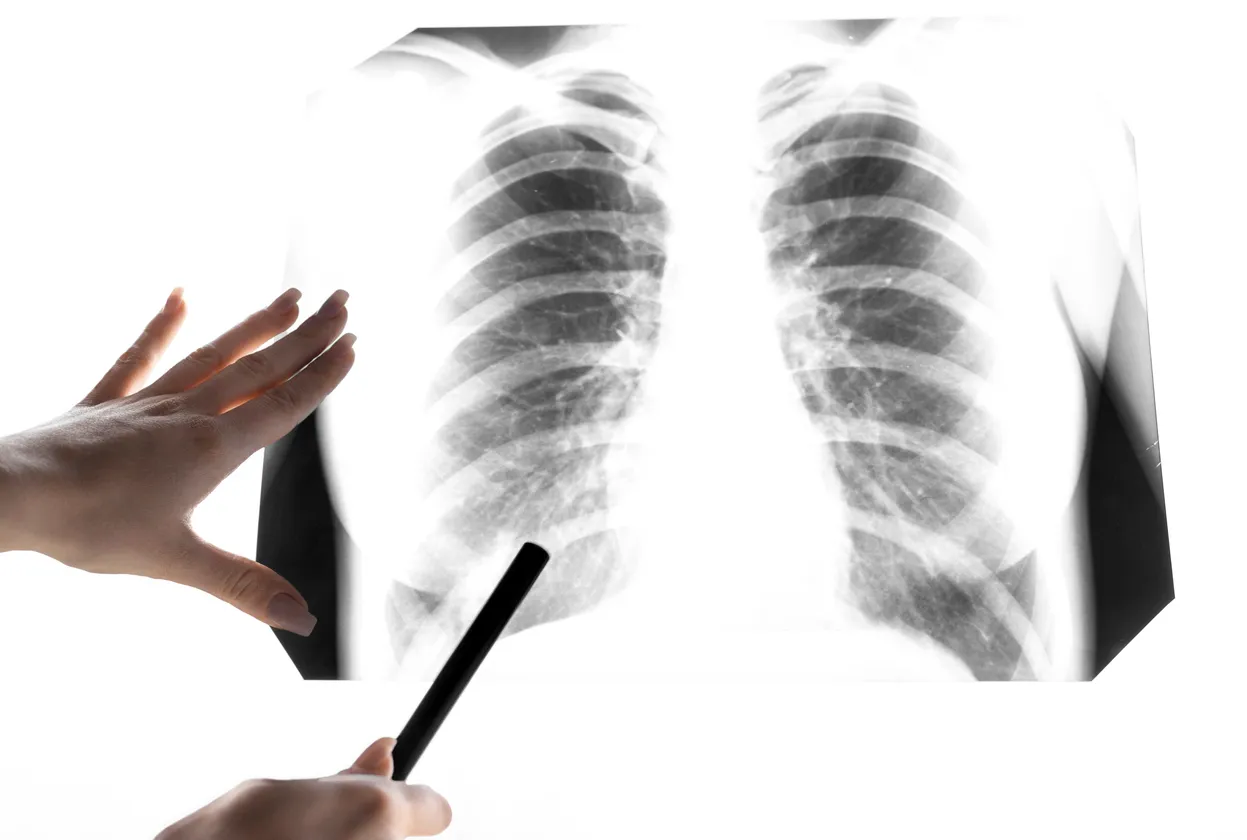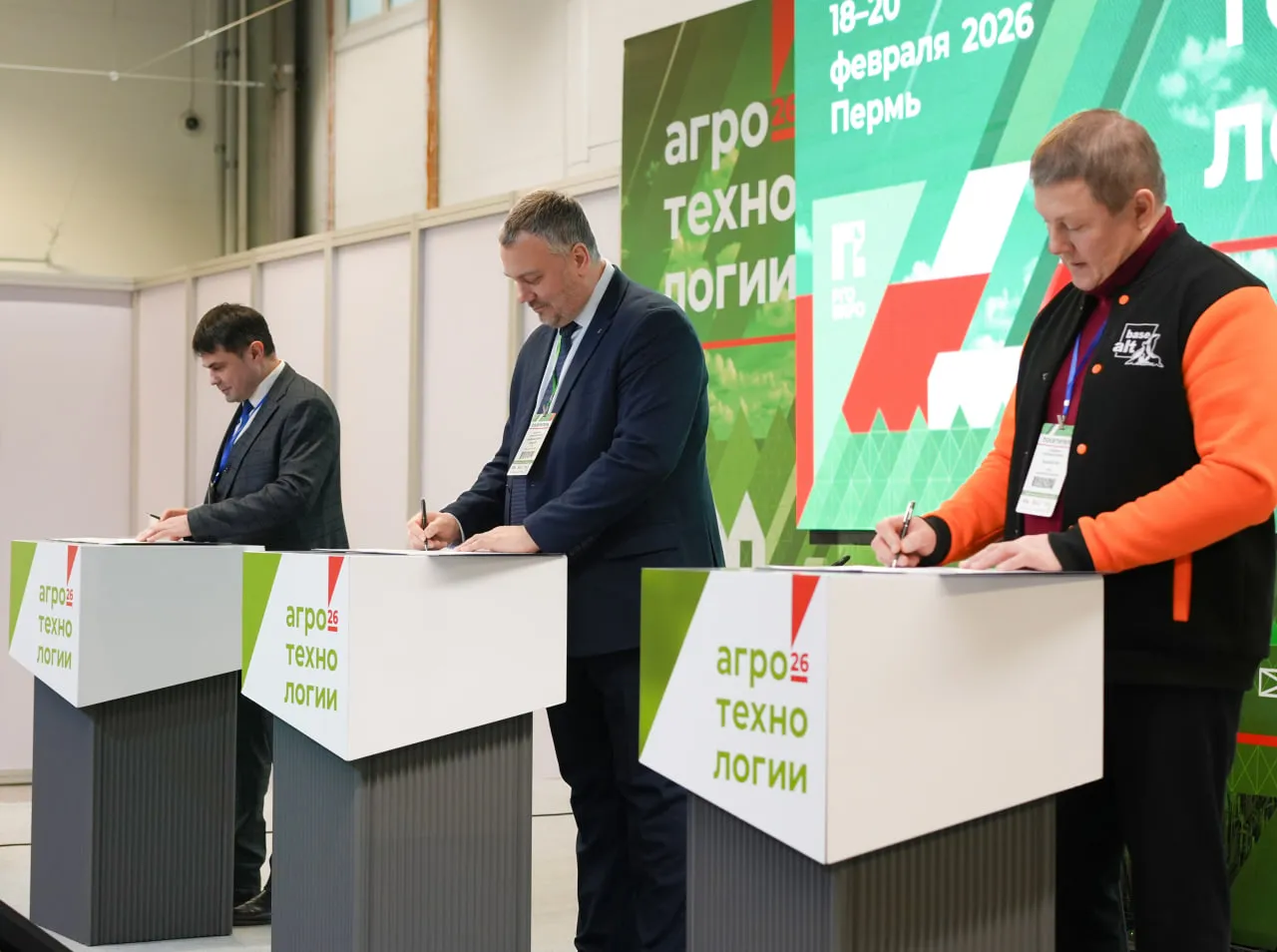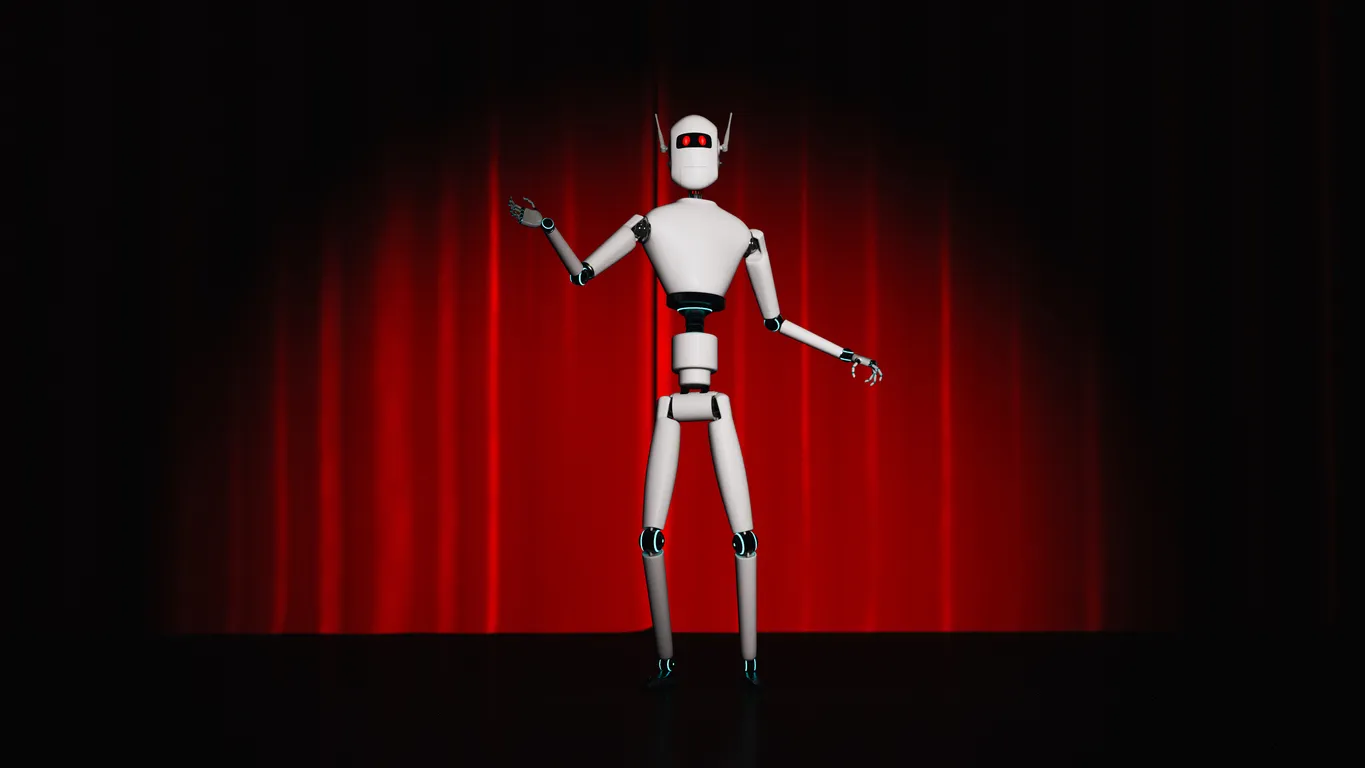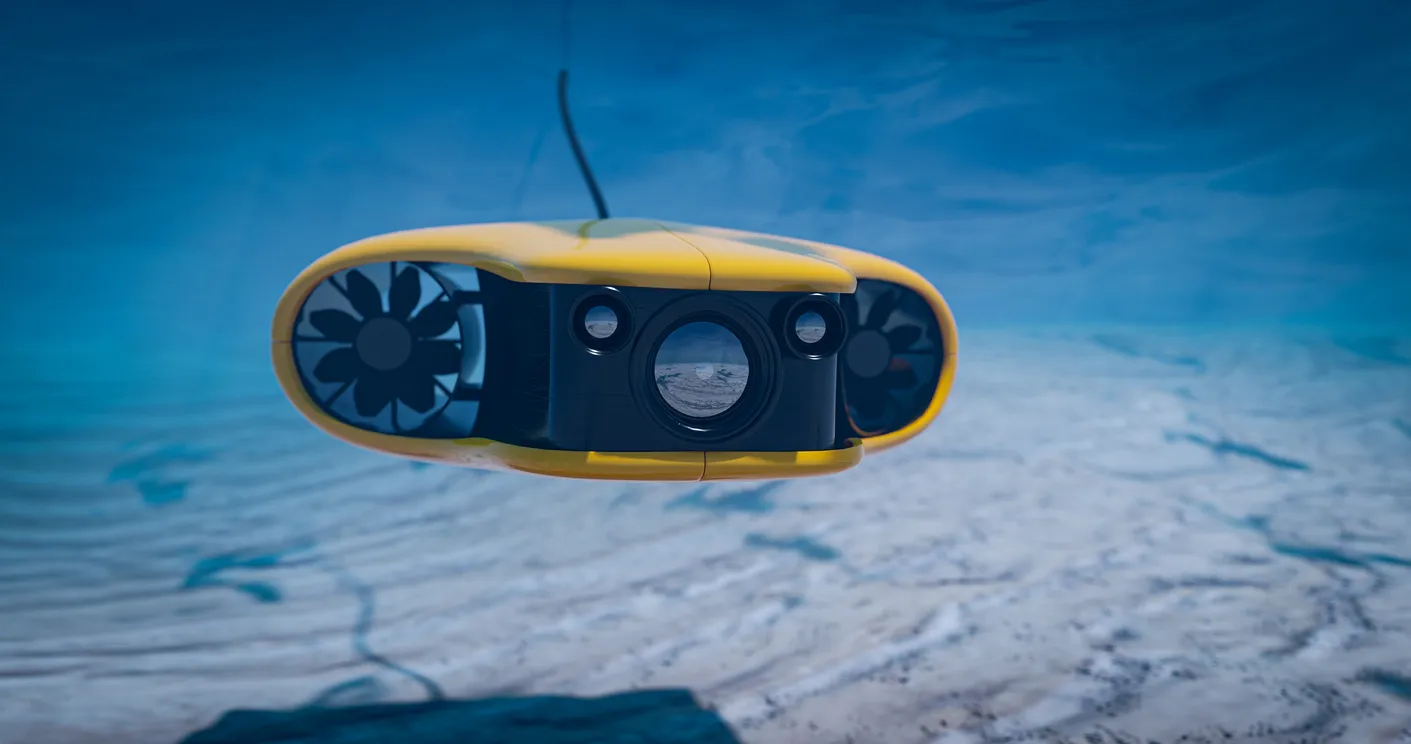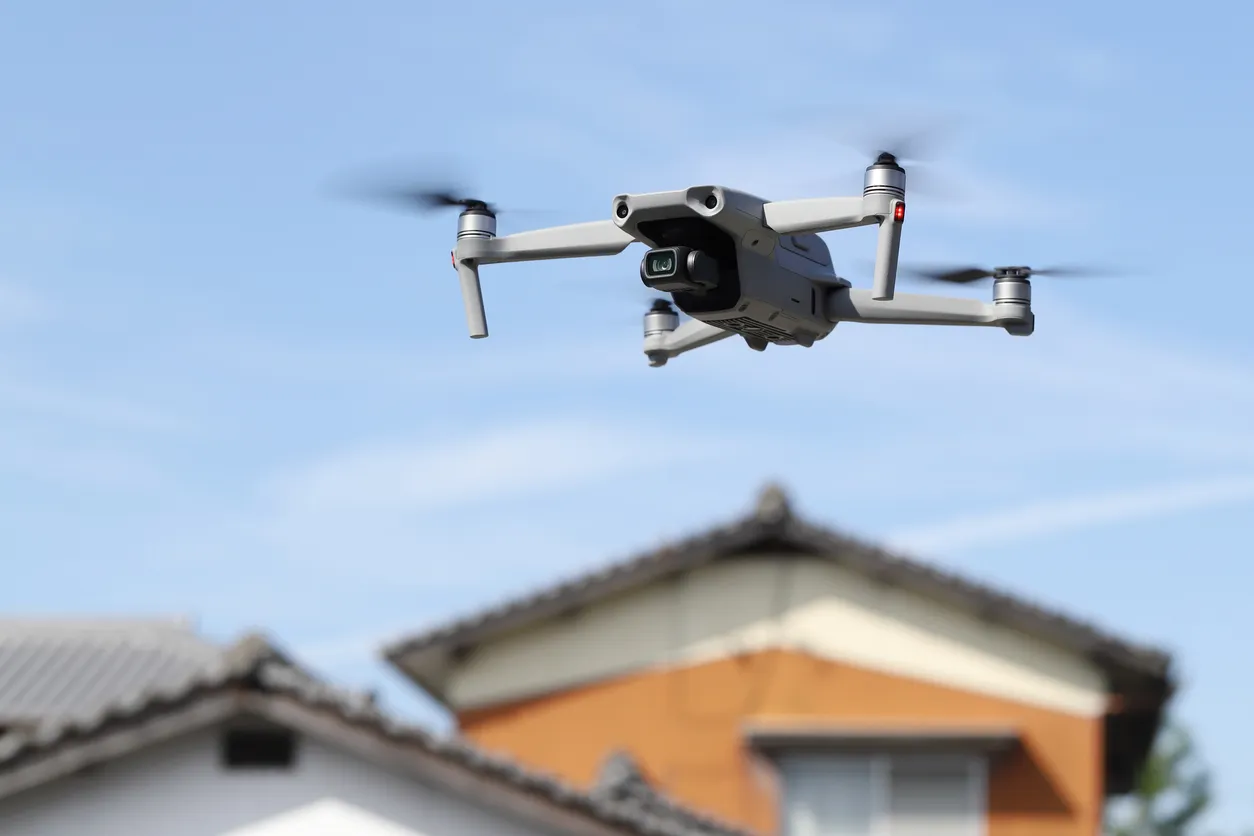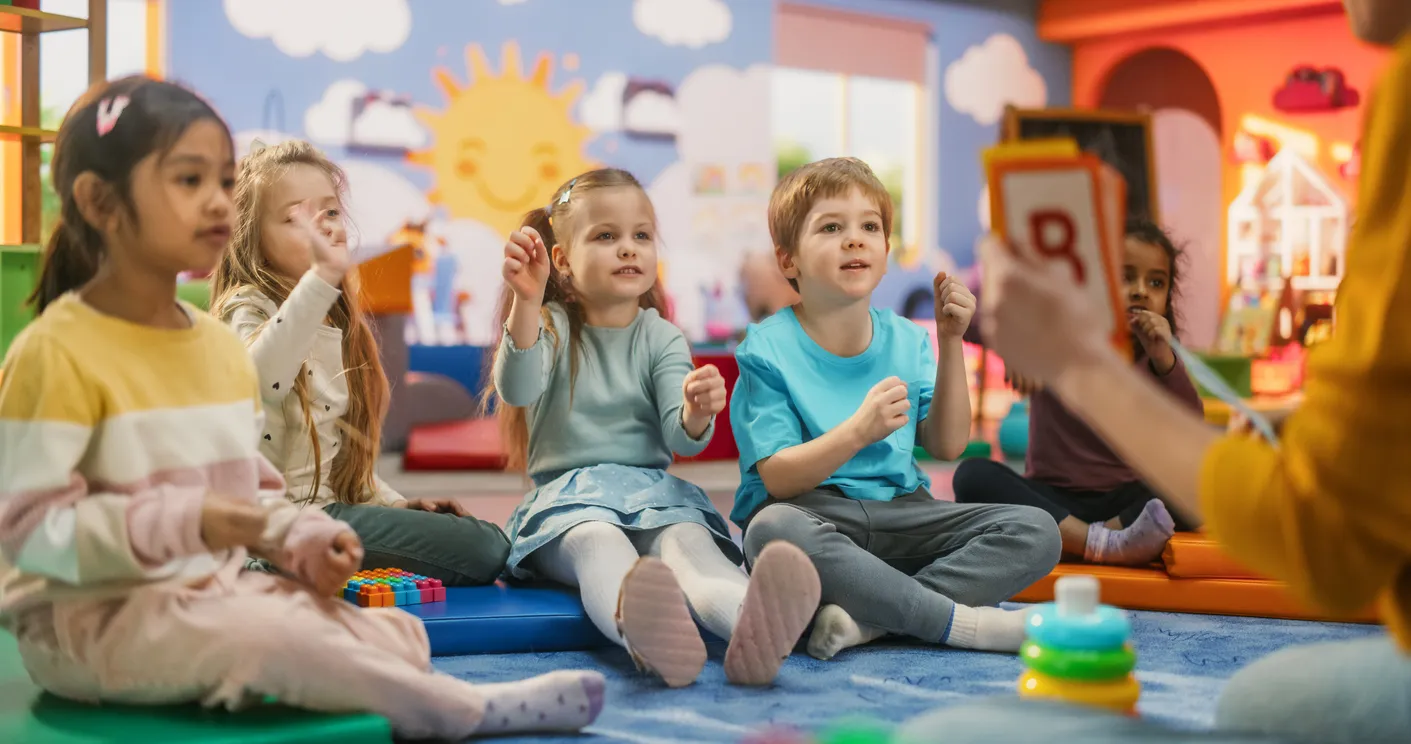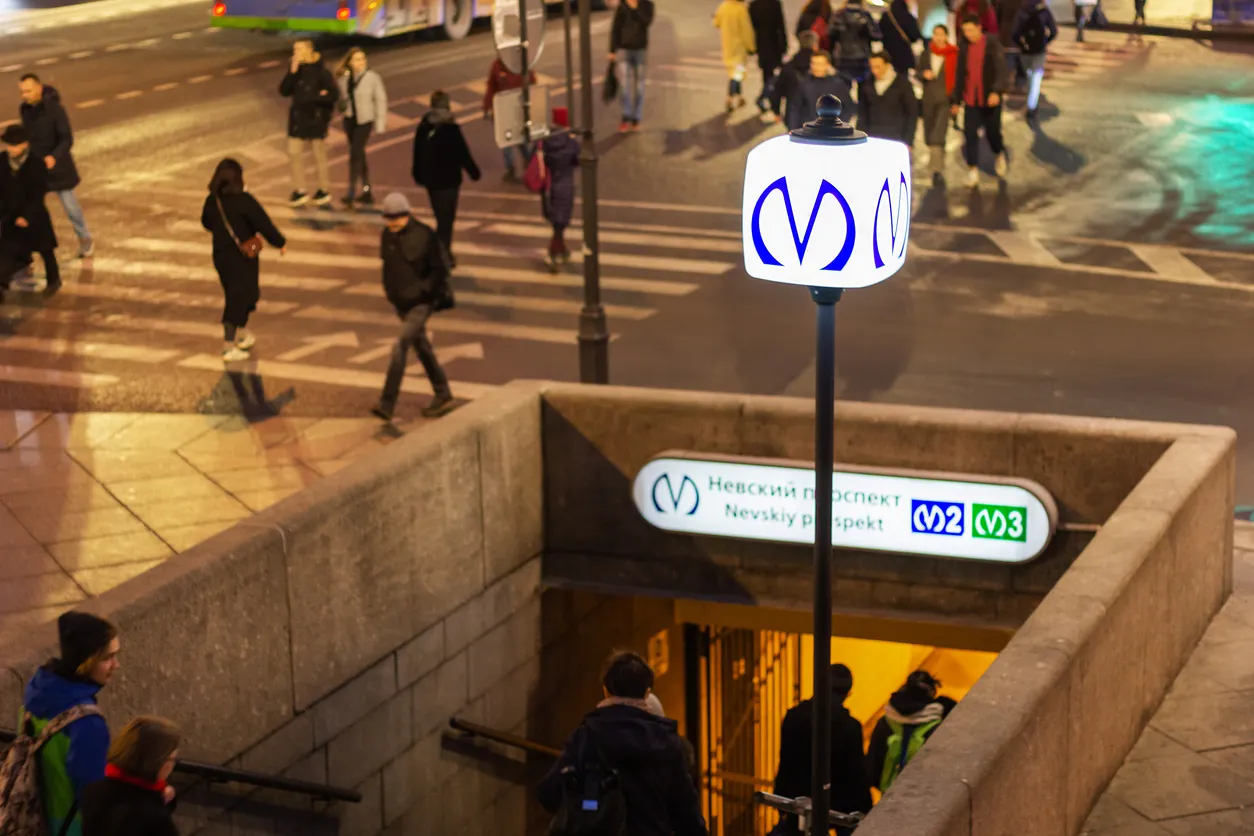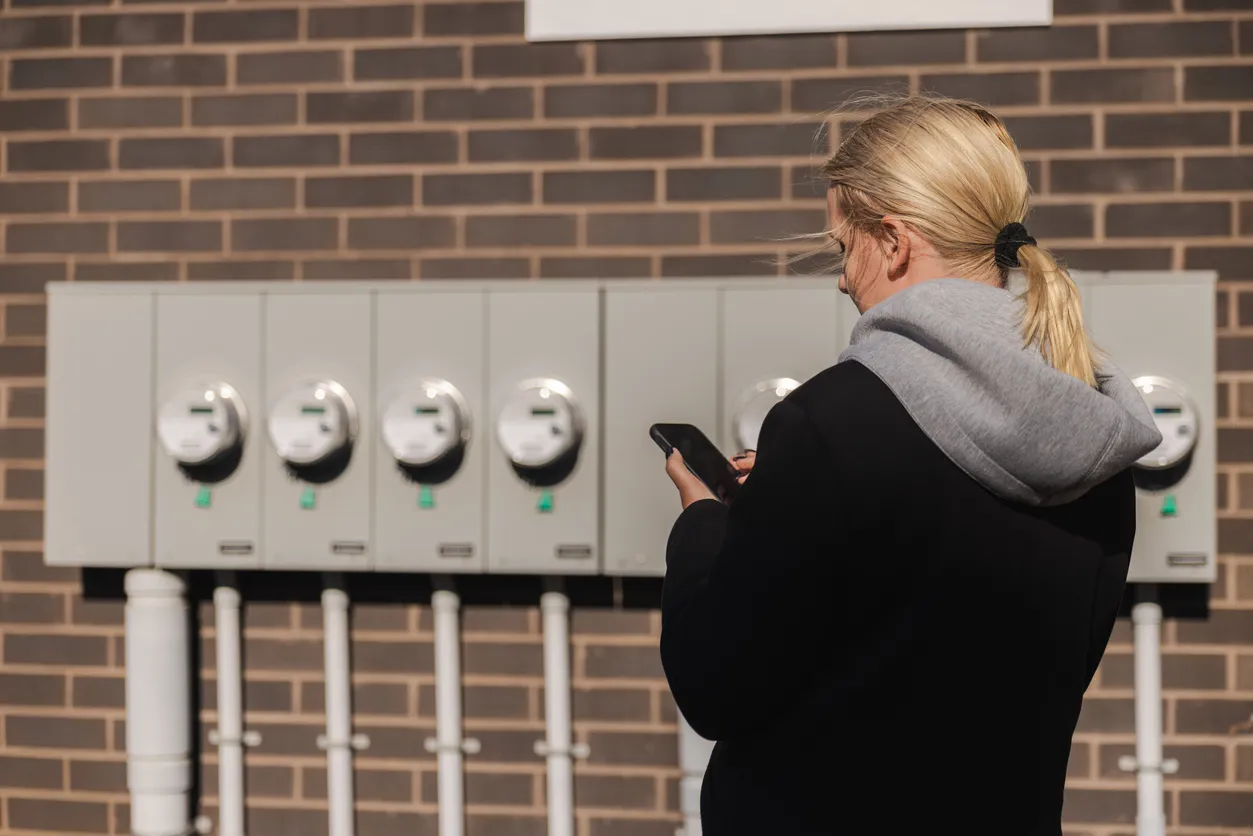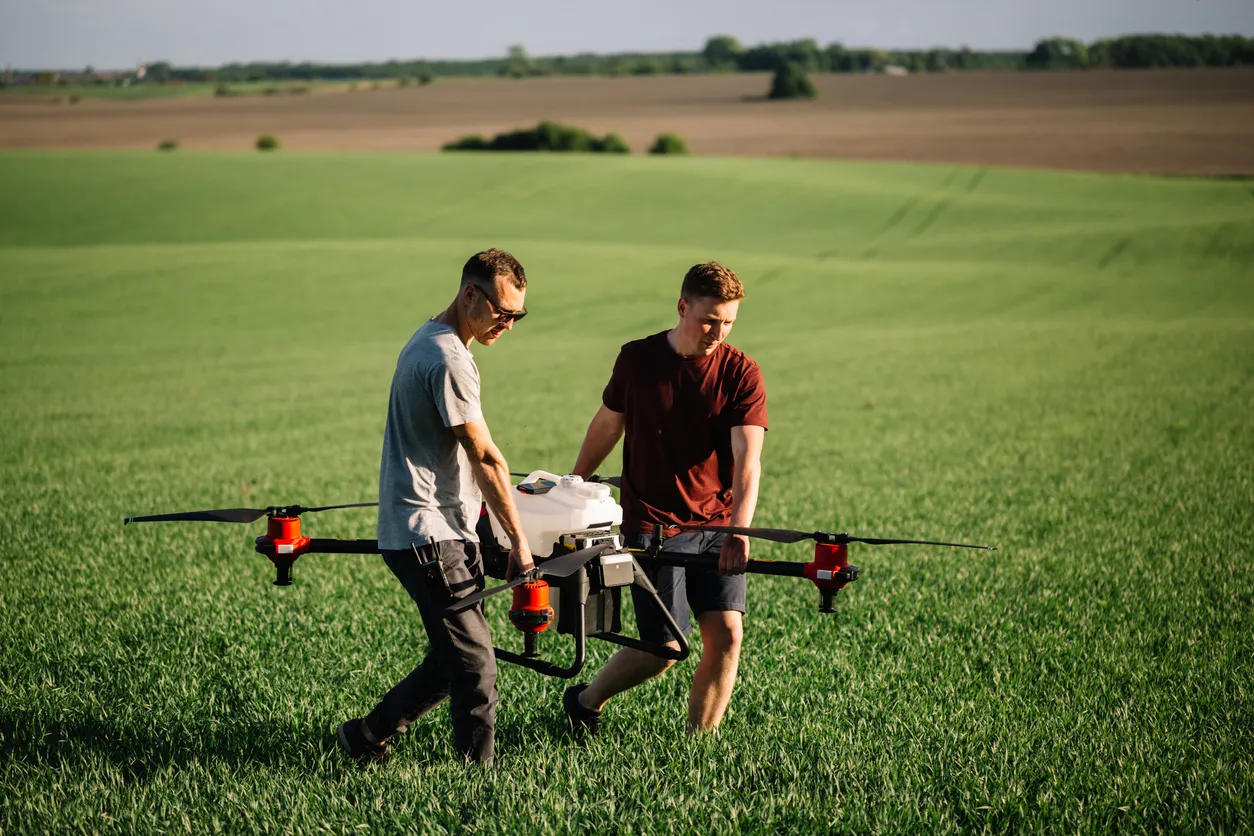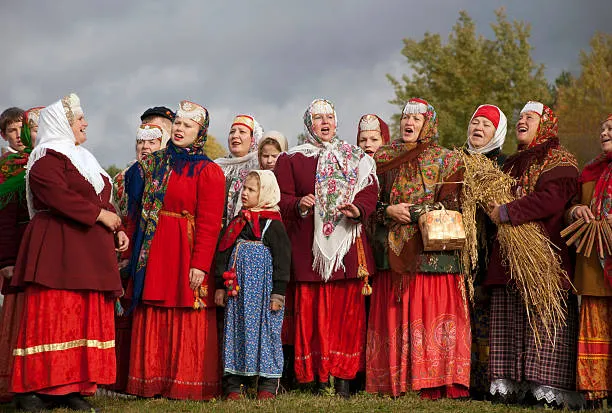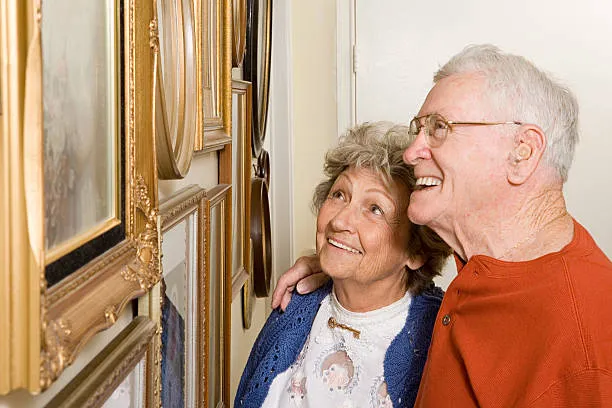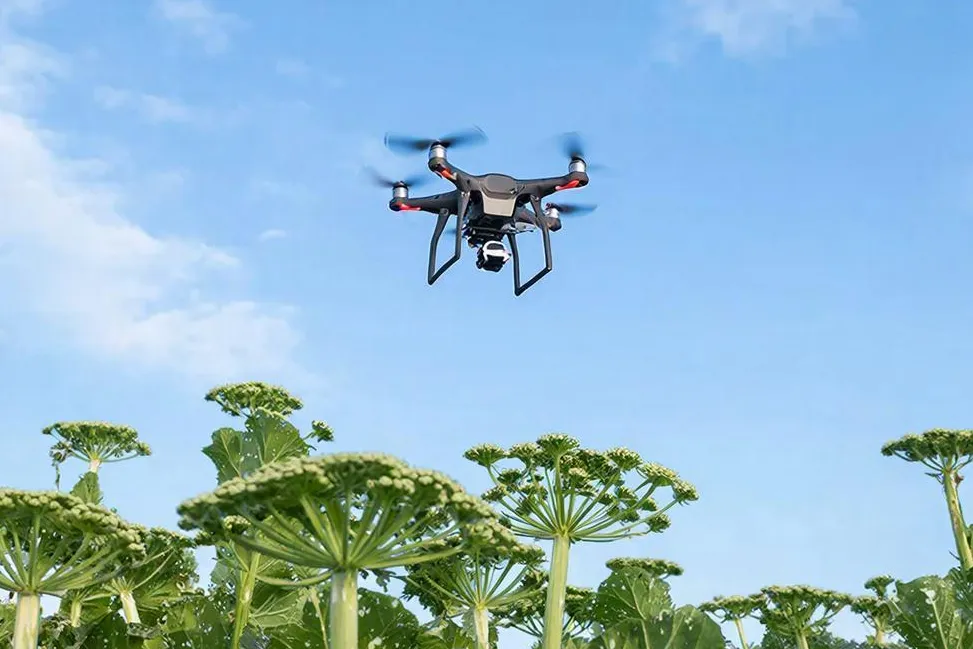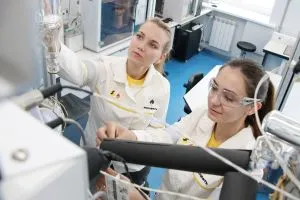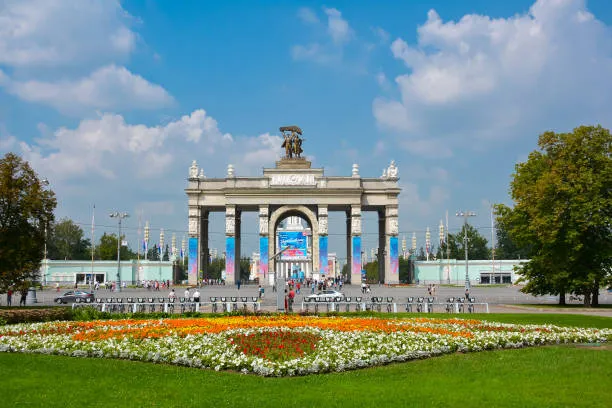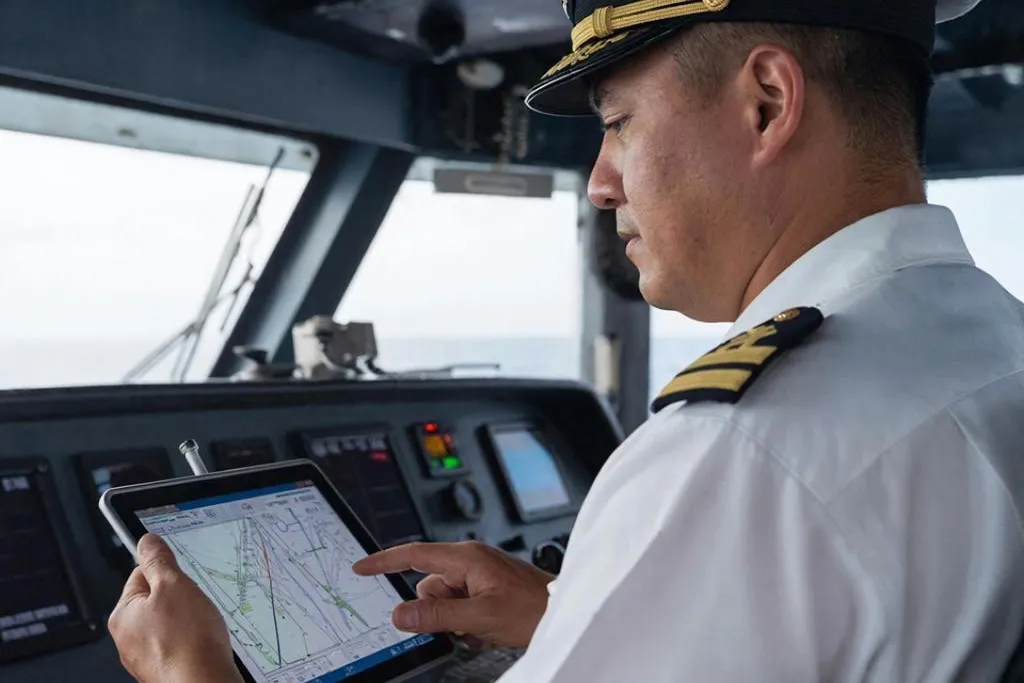Russian Students Create AI Assistants for Teachers and Educators
Meet Tanya, the digital camp counselor and research mentor designed to support teachers and students across Russia.

Students at the Moscow City University (MCU) have developed a trio of AI-powered assistants to help teachers, educators, and researchers. Built on the “Neurolic” platform, the virtual characters combine empathy, academic expertise, and real-world teaching support — signaling how artificial intelligence is reshaping education in Russia.
Each AI assistant was trained on specialized knowledge bases created by student teams. The Institute of Digital Education introduced MethodicAI, modeled after the works of renowned pedagogue Sergey Atanasyan. The assistant helps educators prepare research papers, explore new teaching methods, and brainstorm classroom innovations.
Tanya, the Research Partner, and the Digital Camp Counselor
Another team — from the Institute of Pedagogy and Psychology of Education — created an empathetic digital counselor designed for teachers and youth workers. The AI can suggest activities for children’s camps, help plan games and events, and even advise in conflict situations.
Meanwhile, students from the Institute of Foreign Languages presented Tanya, an AI research assistant who helps users formulate topics, select sources, structure academic papers, format bibliographies, and draft scientific texts.
By combining pedagogical expertise with AI design, the MCU teams have created a new generation of digital teaching companions that reflect a larger trend in Russian education: human-centered artificial intelligence that augments — not replaces — the teacher’s role.


